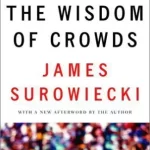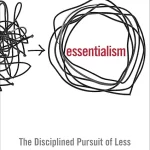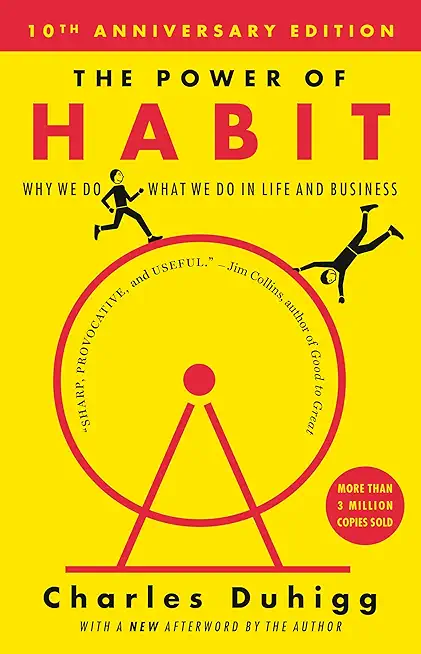
The Wisdom of Crowds – James Surowiecki

Essentialism: The Disciplined Pursuit of Less – Greg McKeown
Title: The Power of Habit
Author: Charles Duhigg
Main Idea
The Power of Habit explains how habits work and how they can be changed by understanding the habit loop of cue, routine, and reward. It reveals that by modifying habits, individuals and organizations can transform their lives and productivity.
Key Points
-
The Habit Loop:
- Habits operate in a three-step loop: cue, routine, and reward.
- The cue triggers the behavior; the routine is the behavior itself; the reward reinforces the habit.
-
Keystone Habits:
- Certain habits, called keystone habits, have the power to start a chain reaction, influencing other habits positively.
- Identifying and focusing on keystone habits can lead to broader changes in personal and professional life.
-
Role of Cravings:
- Habits survive because of the cravings created by the anticipation of a reward.
- To change a habit, it’s critical to keep the old cue and reward but replace the routine with a new behavior.
-
Willpower as a Habit:
- Willpower is like a muscle that can be strengthened with practice.
- Developing willpower through small wins can help tackle bigger challenges and build new habits.
-
The Power of Belief:
- Belief is essential for habit change; support groups and community play a big role in fostering that belief.
- Habits are easier to change when people believe change is possible.
-
Organizational Habits:
- Companies and organizations have habits too, which can shape their cultures and outcomes.
- By reshaping organizational habits, leaders can improve performance, safety, and morale.
-
Social Movements and Habits:
- Social movements grow by shaping habits within communities.
- Grassroots movements rely on networks of strong ties and habits formed through group rituals and shared beliefs.
-
Neurological Basis of Habits:
- Habits are deeply embedded in the brain’s basal ganglia, which stores routine patterns and allows mental energy to be conserved.
- Understanding this neurological basis helps explain why habits can be so hard to change.
Review
- The book offers a fascinating look into the science behind why habits exist and how they can be transformed. It uses compelling real-world examples to show the practical application of its concepts in everyday life and business.
- By mastering your habits, you gain control over actions that automate a large part of your life, opening pathways to meaningful and sustainable change.
Recommendation
- This book is ideal for anyone looking to break bad habits, create new positive routines, or understand how habits influence personal behavior, corporate culture, and social change.

